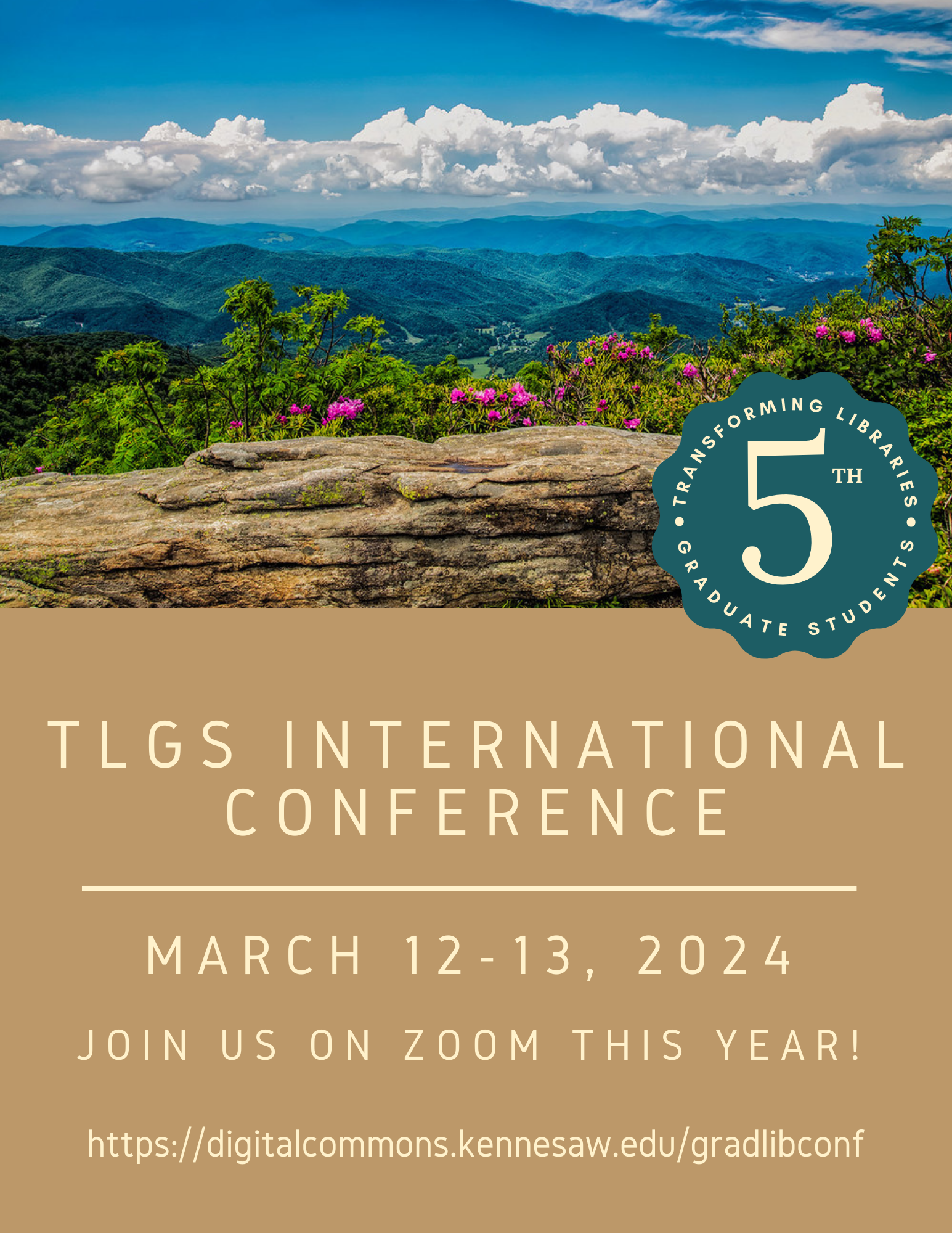Loading...
Start Date
3-13-2024 4:00 PM
End Date
3-13-2024 4:30 PM
Keywords
collaboration, faculty, interdisciplinary, event-planning, hands-on activities
Description of Proposal
To celebrate the 400th anniversary of the printing of Shakespeare’s First Folio, the Baylor University Libraries hosted a three-day celebration; “Shakespeare 400” drew faculty members from six academic departments and leveraged the talents of both graduate and undergraduate students. The four main events drew a cumulative crowd of over 200 people. Graduate students contributed to the events through music performance, a dramatic reading, enthusiastic promotion, and engaged participation. This presentation will explore key take-aways for including graduate students in library events.
The success of Shakespeare 400 was largely due to collaborations between the library, faculty members, and graduate students. Our library team benefited from a preexisting organization, The Medieval and Renaissance Research Seminar (MRRS), which provided the initial means for gathering participants and offered an excellent mode for advertising. MRRS is comprised of faculty members and graduate students from disciplines including English, Great Texts, Political Science, French, and Spanish. The interdisciplinary nature of this group helped develop the interdisciplinary nature of our celebration.
Shakespeare 400 offered students the opportunity for involvement from the beginning. For instance, the presenter discovered through MRRS that an English PhD student was willing to share an excerpt from her novel, a retelling of Much Ado About Nothing. It was a pleasure to provide this new author the chance to showcase her work, and the audience responded enthusiastically. One English graduate student shared voluntarily, “The Shakespeare celebration was excellent! I loved all the events I went to.”
While some graduate students are library “regulars,” others rarely enter library spaces. Shakespeare 400 provided an opportunity to welcome these less frequent visitors into the library and perhaps frame the library in a new light. Graduate students engaged our speakers with thoughtful questions and lingered after some sessions to learn more from the presenters. Some graduate students not only attended events themselves but also encouraged their own students to attend.
Our four main events included a range of lectures, dramatic presentations, and a Renaissance music concert. In addition, Shakespeare-focused exhibits and several hands-on activities enriched the experience. Several graduate students were especially excited to sew their own leather-bound copy of A Midsummer Night’s Dream. Participants also had a chance to operate a small printing press and fold pre-printed sheets into booklets.
Incorporating lectures, readings, dramatic performance, video, music, and tactile activities into Shakespeare 400 provided options that appealed to graduate students, undergraduate students, and faculty alike.
Included in
Acting Commons, Dramatic Literature, Criticism and Theory Commons, Higher Education Commons, Library and Information Science Commons, Literature in English, British Isles Commons, Performance Studies Commons
You’re Invited! Collaborating with Faculty and Students to Create a Successful Library Event
To celebrate the 400th anniversary of the printing of Shakespeare’s First Folio, the Baylor University Libraries hosted a three-day celebration; “Shakespeare 400” drew faculty members from six academic departments and leveraged the talents of both graduate and undergraduate students. The four main events drew a cumulative crowd of over 200 people. Graduate students contributed to the events through music performance, a dramatic reading, enthusiastic promotion, and engaged participation. This presentation will explore key take-aways for including graduate students in library events.
The success of Shakespeare 400 was largely due to collaborations between the library, faculty members, and graduate students. Our library team benefited from a preexisting organization, The Medieval and Renaissance Research Seminar (MRRS), which provided the initial means for gathering participants and offered an excellent mode for advertising. MRRS is comprised of faculty members and graduate students from disciplines including English, Great Texts, Political Science, French, and Spanish. The interdisciplinary nature of this group helped develop the interdisciplinary nature of our celebration.
Shakespeare 400 offered students the opportunity for involvement from the beginning. For instance, the presenter discovered through MRRS that an English PhD student was willing to share an excerpt from her novel, a retelling of Much Ado About Nothing. It was a pleasure to provide this new author the chance to showcase her work, and the audience responded enthusiastically. One English graduate student shared voluntarily, “The Shakespeare celebration was excellent! I loved all the events I went to.”
While some graduate students are library “regulars,” others rarely enter library spaces. Shakespeare 400 provided an opportunity to welcome these less frequent visitors into the library and perhaps frame the library in a new light. Graduate students engaged our speakers with thoughtful questions and lingered after some sessions to learn more from the presenters. Some graduate students not only attended events themselves but also encouraged their own students to attend.
Our four main events included a range of lectures, dramatic presentations, and a Renaissance music concert. In addition, Shakespeare-focused exhibits and several hands-on activities enriched the experience. Several graduate students were especially excited to sew their own leather-bound copy of A Midsummer Night’s Dream. Participants also had a chance to operate a small printing press and fold pre-printed sheets into booklets.
Incorporating lectures, readings, dramatic performance, video, music, and tactile activities into Shakespeare 400 provided options that appealed to graduate students, undergraduate students, and faculty alike.



What takeaways will attendees learn from your session?